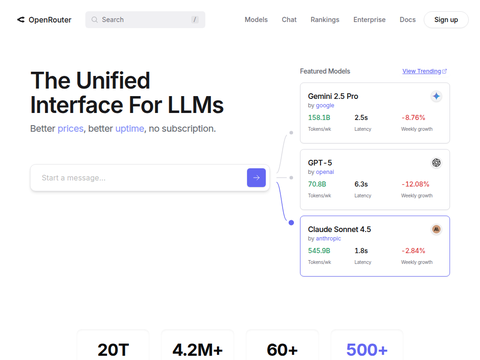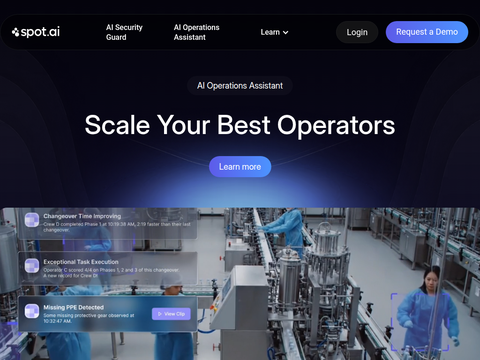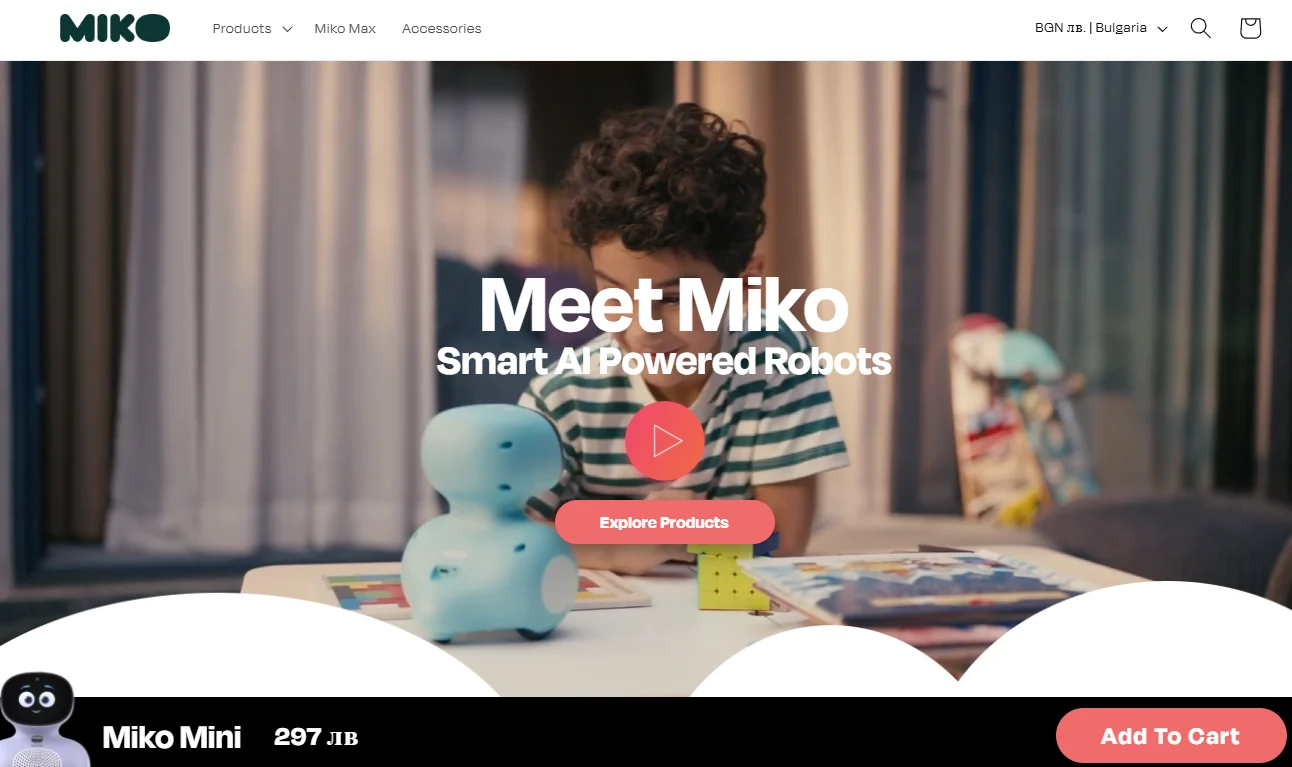A recent investigation by OpenAI has exposed the constraints of AI language models when addressing factual inquiries. Employing OpenAI's in-house SimpleQA benchmark, the study assessed various state-of-the-art AI language models, uncovering unexpected findings.
The SimpleQA evaluation includes 4,326 meticulously designed questions spanning the fields of science, politics, and art, each crafted to have a single unequivocal correct answer. Additionally, two independent reviewers were enlisted to authenticate the accuracy of the answers provided.
Nevertheless, OpenAI's leading model, o1-preview, attained a mere 42.7% success rate in the evaluations. Trailing behind was the GPT-4o model with an accuracy of 38.2%, and the more compact GPT-4o-mini model sank to a concerning 8.6% accuracy. Similarly, Anthropic's Claude model underperformed in the assessments, with its premier version, Claude-3.5-sonnet, recording only a 28.9% correctness rate and a substantial error rate of 36.1%.
This assessment primarily evaluates the knowledge that AI models obtain during their training phase, excluding their capacity to deliver accurate responses when provided with supplementary context, internet access, or database connections. Consequently, researchers emphasize that AI models should be regarded as information processors rather than standalone sources of information. For optimal outcomes, it's advisable to furnish dependable data instead of relying solely on the embedded knowledge within AI models.
The findings of this study have raised significant alarm. A considerable number of individuals, particularly students, are utilizing these AI systems as independent research and educational tools under the impression that they can consistently deliver accurate answers. However, the test outcomes reveal that such reliance poses substantial risks. Statistics indicate that AI models are inherently unreliable when it comes to independently verifying or fact-checking information.
Furthermore, the study uncovered that AI language models tend to significantly overrate their own proficiency when responding to queries. When researchers prompted the models to assess the accuracy of their own answers, the AI consistently assigned inflated accuracy scores. To methodically evaluate this overconfidence, researchers had the models respond to each question multiple times. The findings revealed that even when models repeated identical answers, their real-world success rate remained below their self-assessed performance levels.
This revelation has intensified existing concerns regarding the dependability of AI language models. Numerous experts are advocating for caution in the utilization of AI models and recommend corroborating information with additional trustworthy sources. Concurrently, researchers remain committed to improving the precision and reliability of AI models to more effectively benefit human society.








